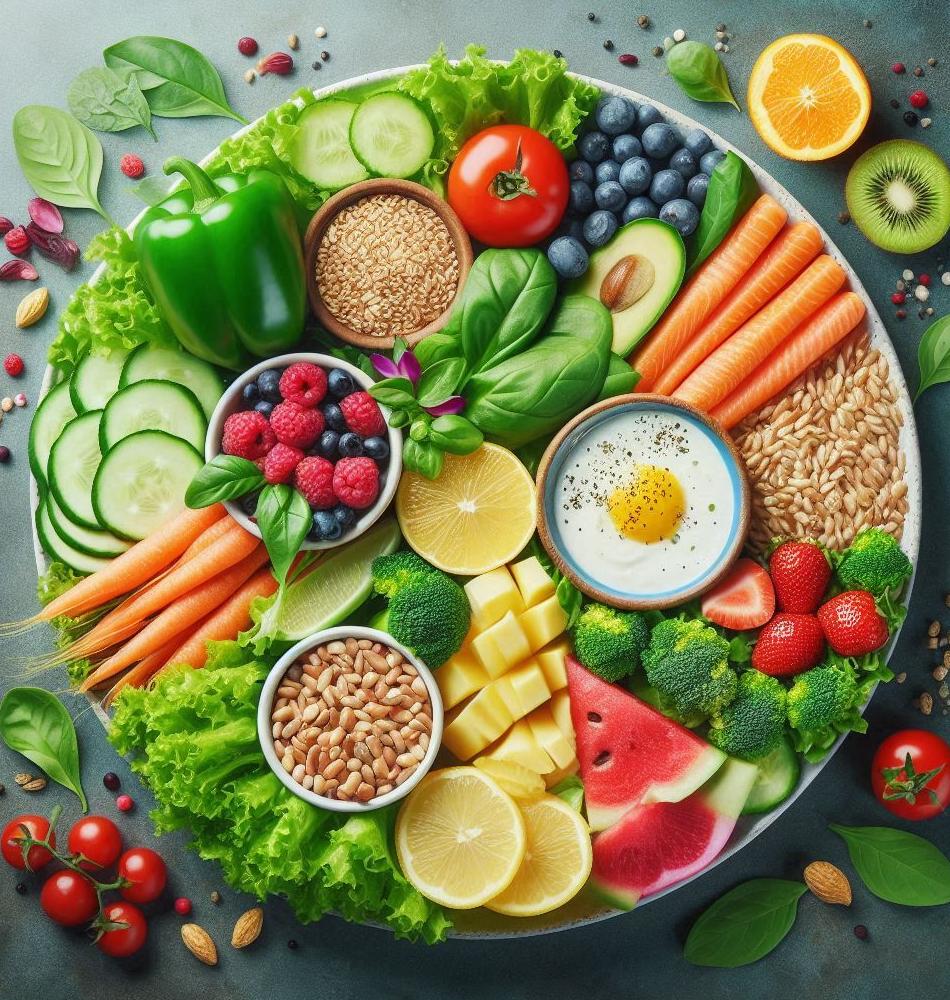Intestinal disturbances following meals can be puzzling and often frustrating. After the enjoyment of dining, some individuals may recoil in discomfort, experiencing the unpleasant aftermath of diarrhea. If you've ever found yourself wondering why you always get diarrhea after eating, you’re not alone. This article delves into a variety of potential causes, remedies, and helpful tips for managing post-meal discomfort.
Understanding Diarrhea After Eating ⚠️
Diarrhea is defined as passing loose or watery stools at an increased frequency. Experiencing this condition after eating can be attributed to numerous factors ranging from dietary choices to underlying medical conditions.
Possible Causes of Post-Meal Diarrhea 🌟
Understanding the root causes of your discomfort is crucial for addressing the issue effectively. Here are some common reasons for experiencing diarrhea after meals:
1. Food Intolerance 🚫
Food intolerance occurs when your digestive system does not adequately process certain foods. This can lead to symptoms such as diarrhea after eating specific items. Common food intolerances include:
- Lactose intolerance- Gluten intolerance- Fructose intolerance2. Food Allergies ⚠️
A food allergy can trigger an immune response, leading to gastrointestinal symptoms. Common allergens could include:
- Nuts- Eggs- Shellfish- Dairy products3. Gastrointestinal Disorders 💔
Several gastrointestinal disorders may also trigger diarrhea after meals:
- Irritable Bowel Syndrome (IBS): A common disorder that affects the large intestine, causing cramps, bloating, and diarrhea.- Celiac Disease: An autoimmune disorder where the ingestion of gluten leads to damage in the small intestine.4. Infections or Contaminated Food 🦠
Foodborne illnesses resulting from bacteria, viruses, or parasites can result in a range of gastrointestinal issues, including diarrhea. Contaminated food can be a silent culprit lurking in your meals.
5. Stress and Anxiety 🧠
Emotional well-being and digestive health are deeply interconnected. Stress and anxiety can trigger gastrointestinal reactions, leading to upset stomachs post meals.
Managing Symptoms of Diarrhea After Eating 💡
Upon identifying potential causes, implementing various strategies may help reduce the frequency and severity of post-meal diarrhea:
- Keep a food diary: Track food intake and symptoms to identify triggers.- Avoid known triggers: Eliminate problematic foods from your diet.- Eat smaller meals: Consuming smaller portions more frequently can ease the digestion process.- Stay hydrated: Ensure adequate fluid intake to prevent dehydration caused by diarrhea.- Consult a medical professional: Seek timely advice if diarrhea persists or worsens.When to Seek Medical Advice 🔍
While an occasional episode of diarrhea after eating might not be alarming, certain signs indicate that medical attention is necessary:
- Severe or persistent diarrhea- High fever- Blood or mucus in the stool- Signs of dehydration, such as dizziness and dry mouthCommon Questions Regarding Post-Meal Diarrhea ❓
- Why does spicy food make me have diarrhea?- Can stress alone cause diarrhea after eating?- Is it normal to experience diarrhea after every meal?- How long does post-meal diarrhea typically last?Preventive Measures for Diarrhea After Meals 🚫
Adopting a few lifestyle and dietary modifications can significantly improve your gastrointestinal health. Here are simple ways to keep uncomfortable symptoms at bay:
- Focus on balanced eating: Incorporate whole grains, fruits, vegetables, and lean proteins in your diet.- Practice mindful eating: Slow down during meals, chew thoroughly, and savor each bite.- Stay away from fried or processed foods: These can be harder to digest, potentially leading to diarrhea.- Maintain stress levels: Incorporate stress management techniques, such as meditation or gentle exercise.Exploring Underlying Conditions 🏥
If you frequently experience diarrhea after eating, underlying medical conditions may be the cause. Some of these include:
- Pancreatitis: Inflammation of the pancreas can affect digestion and lead to diarrhea after meals.- Bile acid malabsorption: This condition occurs when the body is unable to properly reclaim bile acids, leading to diarrhea.- Gastroenteritis: Inflammation of the stomach and intestines results in discomfort and frequently watery stools after eating.The Role of Dietary Choices in Post-Meal Diarrhea 🍽️
Diet plays a pivotal role in managing symptoms of diarrhea after eating. Here are some dietary considerations to keep in mind:
Identifying Good and Bad Foods 🍏
Reflecting on the types of food you consume can highlight potential irritants. Foods that may exacerbate post-meal diarrhea include:
- Foods high in fat and sugar- Artificial sweeteners, especially sorbitol found in sugar-free products- Caffeinated beveragesOn the other hand, incorporating the following foods can help soothe symptoms:
- Low-FODMAP foods: These are easier to digest and may alleviate symptoms for those with IBS.- Probiotics: Supporting gut health through yogurt or supplements can promote a balance in gut bacteria.Image Representation of Good Dietary Practices 🌄
Conclusion: Empowering Your Digestive Health 🌈
Dealing with diarrhea after meals can deter the joy of eating. By understanding potential triggers, managing your diet, and tapering stress, you can reclaim control over your digestive health. Always remember that if symptoms persist, consulting a healthcare provider is crucial. Not only can they help determine the underlying cause, but they provide personalized recommendations tailored to your specific circumstances. So, the next time you finish a meal, ask yourself: Are you eating mindfully? Are you focusing on nourishing your body?


